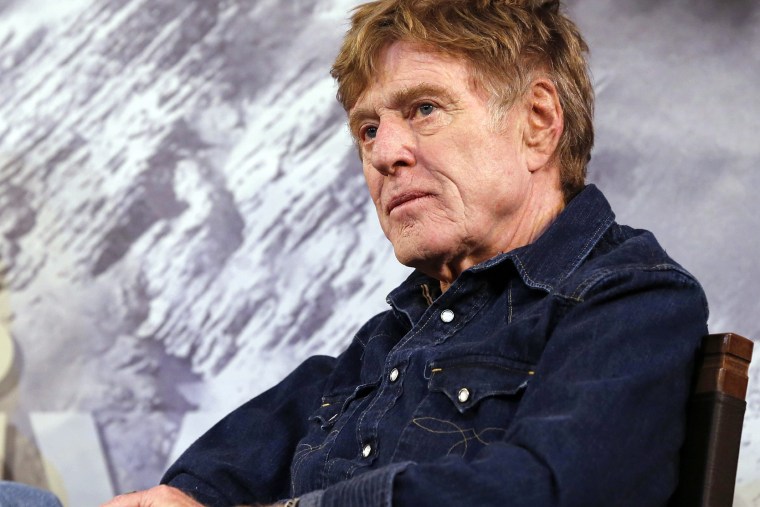President Obama was right to veto a bill that would have forced approval of the Keystone XL tar sands pipeline -- and the Senate was right to vote Wednesday to let the veto stand.
That bill was not in our national interest: it was political payback to big oil.
The fossil fuel industry spent more than $720 million, over just the past two years, to prop up its big polluter agenda and allies in Congress.
Looks like they got what they paid for. The Republican leadership made sure the dirty tar sands pipeline was the very first order of business for the 114th Congress.
That’s not in our national interest either: it’s a national disgrace.
We elect our Congress to stand up for the people -- not the biggest polluters on the planet.
Congress isn’t a permitting agency. And, in any event, projects like this pipeline are the president’s call. At least, that’s how it’s been since President Lyndon Johnson set the policy in place 47 years ago.
Why? Because our Constitution created the presidency to represent all the American people, not just a collection of states or districts, not any single political party, and certainly not the oil industry.
From the day this pipeline was first proposed, it’s presented Obama with a single question: is it in the national interest?
It’s not. Now it’s time to stand and say so, time to reject the dirty tar sands pipeline once and for all.
Fact: From ground to tailpipe, tar sands oil kicks out 17% more of the carbon pollution that’s driving climate change than conventional oil. That’s not my number. It comes straight out of the U.S. State Department’s assessment (see page 15).
Fact: After the two years it takes to build the pipeline, the 2,000 jobs that would require would be gone forever, leaving behind just 35 U.S. jobs (page 20), about half what it takes to run a burger joint. Those aren’t my numbers either. They come straight from the company that wants to build the pipeline.
Fact: The tar sands pipeline would cross more than 1,000 American waterways (page 21), tens of thousands of acres of wetlands and run near more than 2,500 wells our ranchers, farmers and communities depend on for clean irrigation and drinking water. And that’s just in the three states -- Montana, South Dakota and Nebraska -- where the new construction would take place.
That’s all in the State Department report too.
Think pipelines are safe? We’ve had some 5,600 pipeline blowouts or spills over just the past two decades. They’ve dumped well over 100 million gallons of toxic oil, fuels and other pollutants into our rivers, lakes, fields and streams, and most of it has never been cleaned up.
Think this pipeline would take oil off of trains like the one that blew up last week in West Virginia? No way. That train wasn’t coming from the tar sands: it was hauling oil from the fracking fields of North Dakota, just like the trains that have blown up in Alabama and Virginia.
This isn’t a question of railroads or pipelines. The industry wants to expand the use of both, and is fast about the business of doing so.
Think Canada is going to expand dirty tar sands without this pipeline? Investors have cancelled more than a million barrels a day in planned tar sands production, largely because the pipeline capacity to move it to market doesn’t exist.
VIDEO: Another day, another pipeline explosion
The Keystone XL would terminate in two Texas refinery centers -- Port Arthur and Houston -- near Gulf Coast export centers. Those refineries already ship more than half the fuel they produce overseas.
Let’s face it, this project would serve one interest, and one interest only: big oil.
For the rest of us, it would mean more carbon pollution, when what we need is less; more risk for our heartland ranchers and farmers, when what they need is safe water, clean air and unpolluted lands; more reliance on the dirty fossil fuels of the past, when what we need are the clean energy solutions of the future.
Set aside all the false claims, heated rhetoric and partisan hyperbole, and the simple question stands alone: is the dirty tar sands pipeline in our national interest?
It’s not. Mr. President, it’s time to say exactly that.
Robert Redford is an actor, director and trustee of the Natural Resources Defense Council (NRDC).
